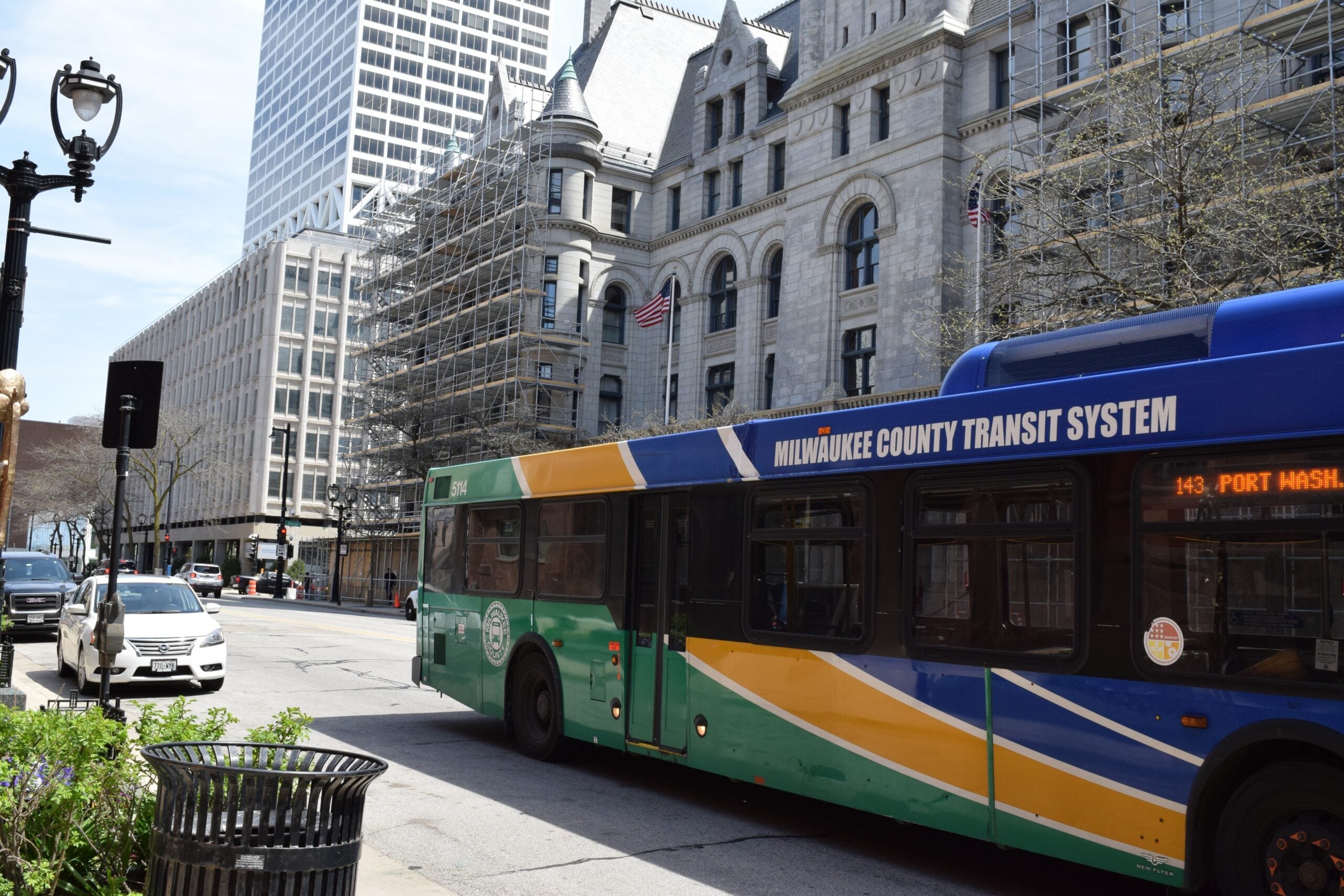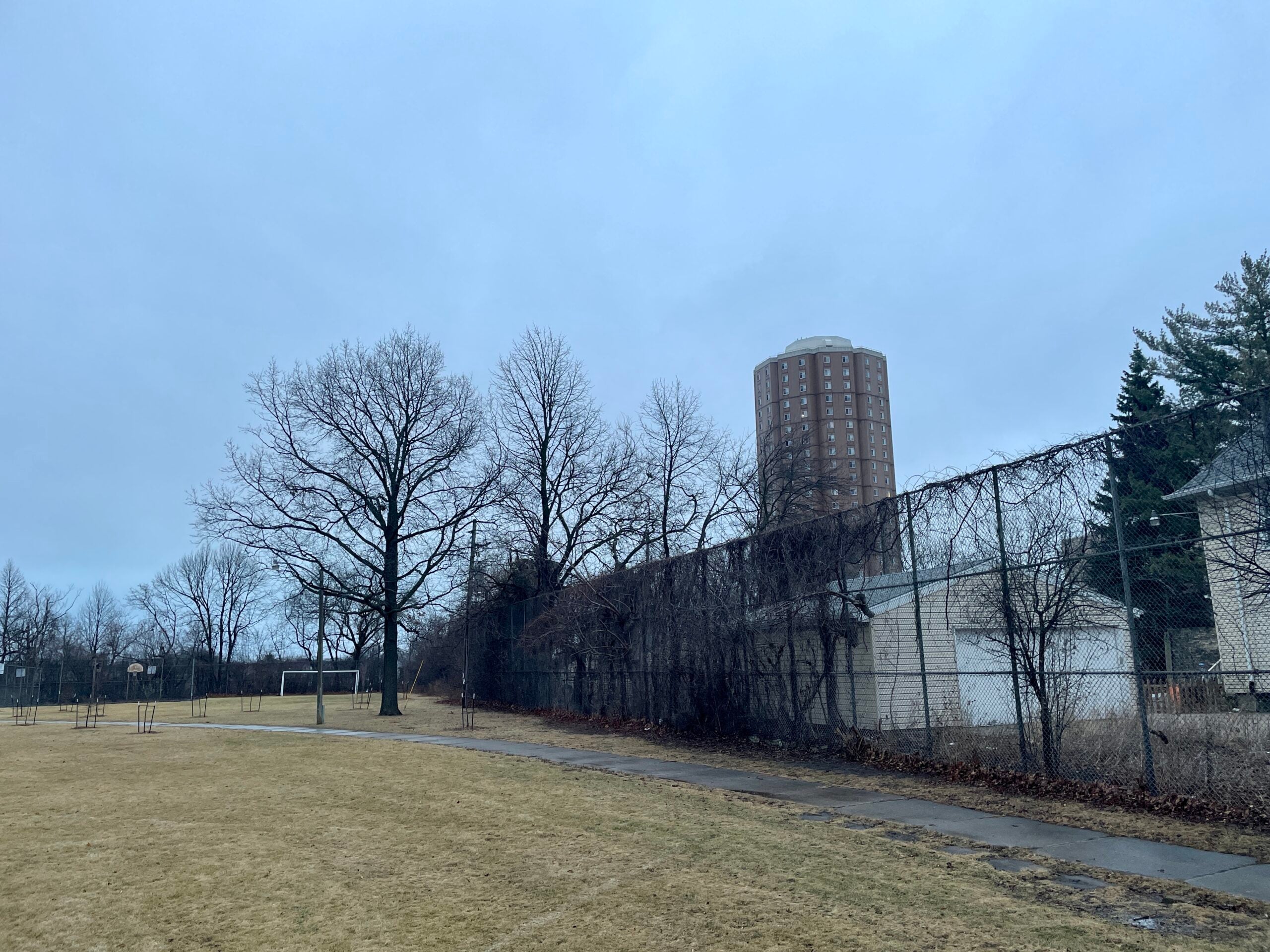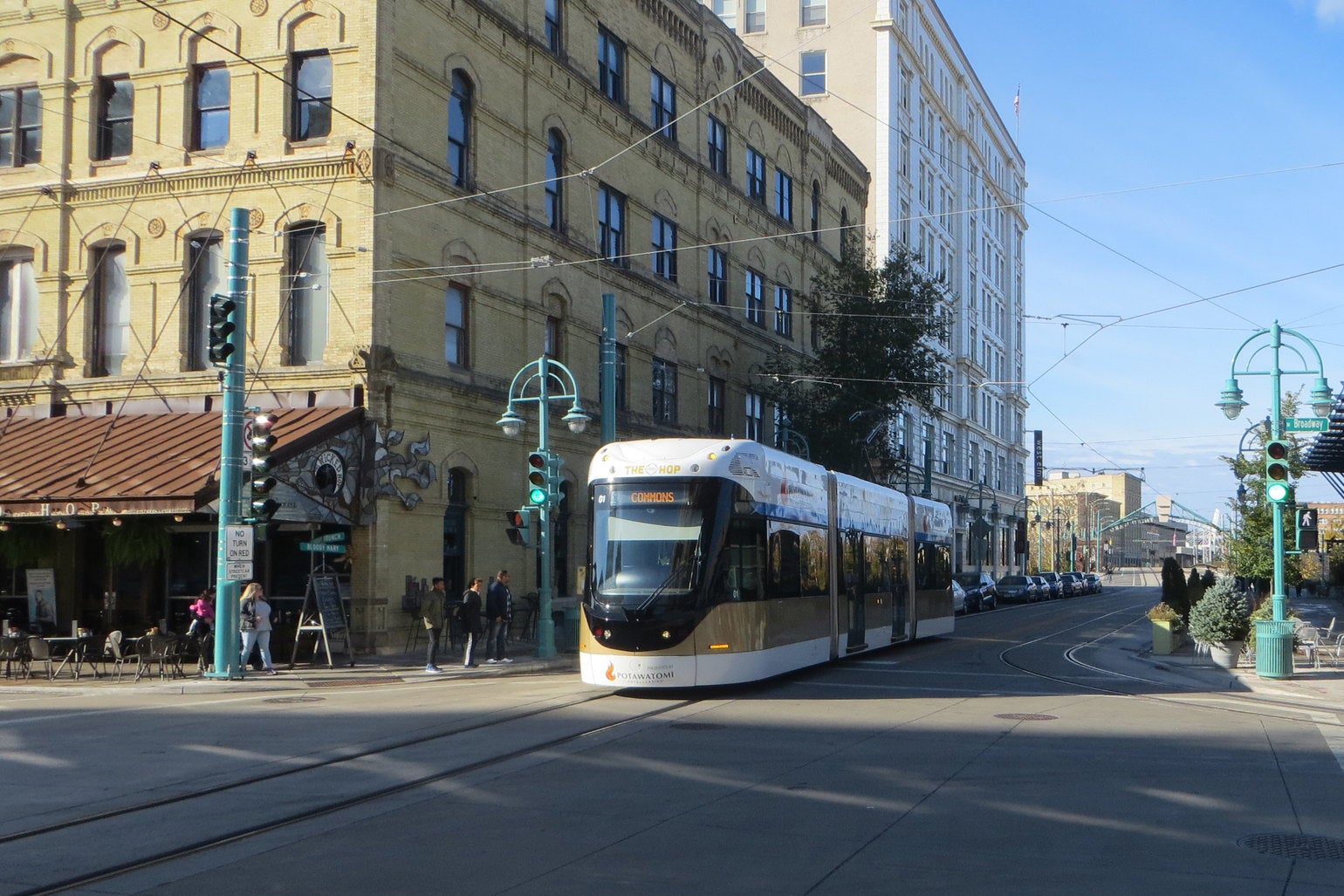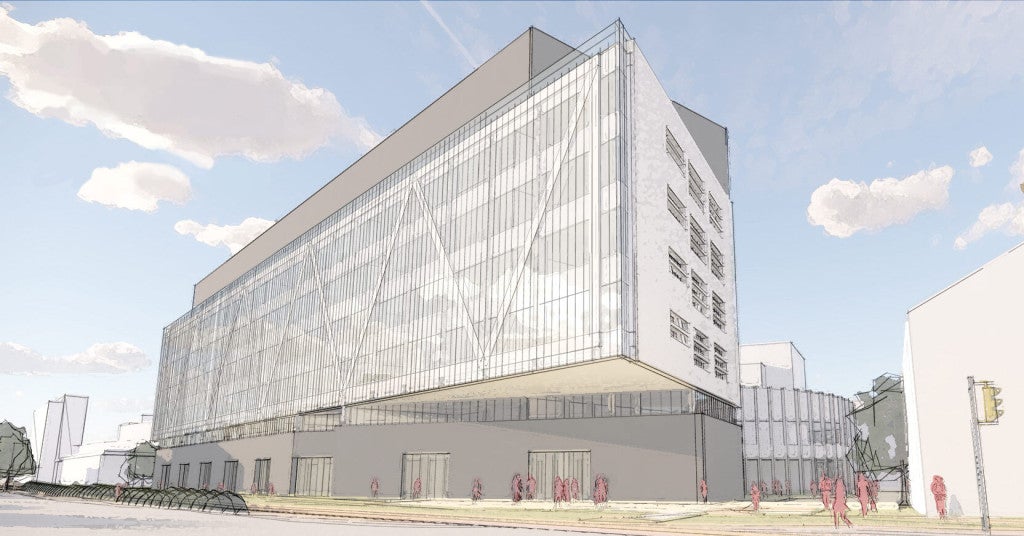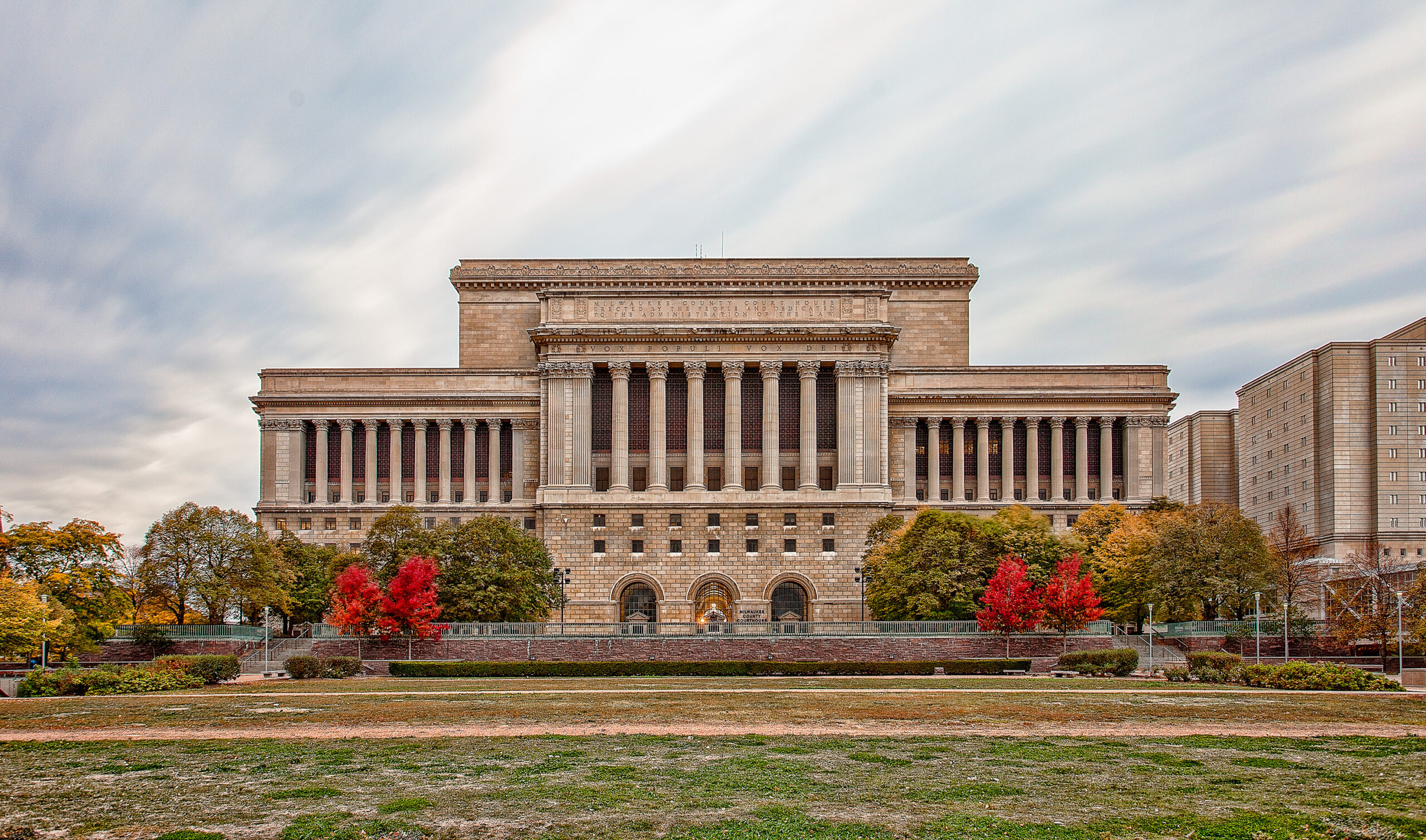Gov. Tony Evers is giving Milwaukee and Madison a combined $25 million in federal dollars for public transit services as part of the state’s share of pandemic relief money under the American Rescue Plan Act.
The move comes after the Republican lawmakers voted this summer to cut state support for the cities’ public transit systems by 50 percent over the next two years. At the time, Republicans said they were reducing funding for transit programs in the state’s two largest cities because they were already set to receive hundreds of millions of dollars in federal coronavirus relief aid.
The $25 million that Evers announced Monday will be in addition to that earlier federal funding.
Stay informed on the latest news
Sign up for WPR’s email newsletter.
The majority of the money — $19.7 million — is going to the Milwaukee County Transit System, which has struggled immensely over the last several years, cutting routes and putting off maintenance on buses that have hundreds of thousands of miles on their odometers.
In Milwaukee, the GOP state funding cuts meant a loss of $40 million for the county — on top of a $110 million to $150 million annual budget gap the county is facing over the next six years.
During an event in Milwaukee Monday, Evers said the extra federal money isn’t enough to make the programs whole, but would help fill the gap in funding.
“While I know this funding does not get us all the way back to where we want to go, it will surely make a difference towards ensuring services continue for the folks that live, work and learn in the Milwaukee area every day,” Evers said. “Especially the folks we know that are impacted disproportionally and rely on public transit like folks with disabilities, low- to middle-income Wisconsinites, communities of color and our young people.”
While the money won’t result in the resumption of any additional transit routes in Milwaukee, County Executive David Crowley said it will mean improvements to the fleet.
Crowley also used the announcement to highlight financial challenges in meeting the long-term needs of the community beyond just transit. He said Milwaukee needs more shared revenue from the state, or a different funding source. Evers and Milwaukee leaders have pushed for a proposal that would allow communities to increase local sales tax by a half-cent. All efforts to make this happen have stalled.
“Looking ahead, our structural budget deficit puts the success of our neighborhoods in jeopardy,” Crowley said. “Without the ability to generate additional local revenue to fill our long-term gap, we’ll soon have to make some very tough decisions on funding the services that so many in this community rely on the most.”
Evers agreed, saying that as long as there “seemingly is a bias” against the state’s largest cities, he wants to find ways to make sure they thrive.
Evers said he would have allocated more congressional money to public transit in Milwaukee and Madison, but many organizations have asked for funding.
“We knew we were going to do this, we did as much as we could, but the line is very, very long,” Evers said. “Not that we wouldn’t like to fund it fully, but there are a lot of competing interests out there.”
In a statement, Madison Mayor Satya Rhodes-Conway said restoring some of Madison’s transit aid — about $5 million — will “directly benefit our economy by getting people to work, shopping and school.”
“It will also allow us to continue our partnerships with surrounding communities, which bring better transportation options to our region,” Rhodes-Conway said.
Wisconsin Public Radio, © Copyright 2025, Board of Regents of the University of Wisconsin System and Wisconsin Educational Communications Board.

